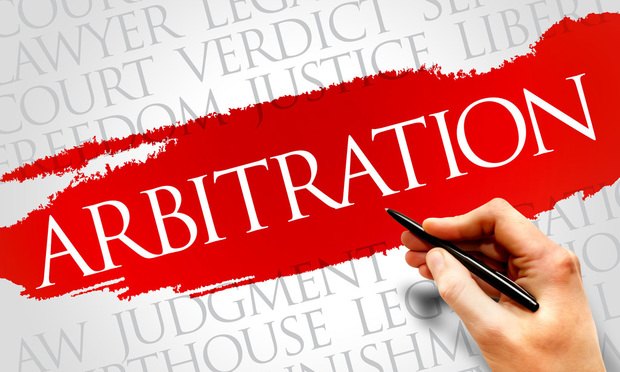The Scope of Arbitrator’s Power:
Arbitration is an alternative dispute resolution mechanism that offers parties flexibility, confidentiality, and a faster resolution compared to traditional court proceedings. One of the key powers vested in arbitrators is their authority to terminate arbitral proceedings in certain circumstances. However, it is crucial to recognize that this power is not absolute and final. Arbitrators, in certain situations, possess the ability to recall their orders of termination.
Grounds for Termination:
Before we explore the arbitrator’s power to recall termination orders, let’s briefly touch upon the grounds that may lead to the termination of arbitral proceedings. Such grounds can vary from jurisdiction to jurisdiction, but some common examples include:
Settlement or withdrawal of the dispute by the parties.
Failure of the claimant to comply with procedural requirements or pay necessary fees.
Determination that the claimant’s claim is manifestly without legal merit.
Lack of jurisdiction or agreement to arbitrate.
The Arbitrator’s Discretion:
When an arbitrator terminates arbitral proceedings, they exercise their discretion based on the circumstances presented before them. However, it is important to recognize that arbitrators are not infallible and may occasionally make incorrect decisions or assessments. In such cases, the law recognizes the need for flexibility and allows arbitrators to revisit their orders of termination.
Grounds for Recall:
The grounds for recalling an order of termination may differ based on applicable laws and institutional rules. However, some common circumstances where an arbitrator may exercise their power to recall include:
Discovery of new evidence or legal arguments that could substantially impact the outcome of the case.
Identification of procedural irregularities or errors that may have influenced the termination decision.
Reconsideration of the arbitrator’s initial assessment of the claim’s legal merits.
Identification of a genuine mistake of fact or law that affected the termination order.
Judicial Review and Public Policy Considerations:
It is worth noting that in some jurisdictions, the recall of a termination order may be subject to judicial review. Courts will generally intervene only in exceptional circumstances where there is a violation of natural justice, bias, or an evident disregard of public policy. The exact scope of judicial intervention varies across jurisdictions and should be understood within the context of applicable laws and regulations.
Conclusion:
The power of an arbitrator to recall orders of termination is a vital aspect of the arbitration process. It ensures that justice is upheld, mistakes can be rectified, and parties are not unfairly prejudiced. If you find yourself involved in an arbitration case where proceedings have been terminated, it is essential to consult with experienced legal professionals who can navigate this intricate landscape effectively.
At the Law Offices of Kr. Vivek Tanwar Advocate and Associates, we specialize in providing expert advice and litigation support services related to arbitrator’s power, including the recall of termination orders. Our dedicated team of legal professionals is here to assist you every step of the way, ensuring a thorough understanding of your rights and obligations in the arbitration process.
Disclaimer: This blog post is intended for informational purposes only and does not constitute legal advice. For accurate advice tailored to your specific situation, please consult with a qualified attorney.


Always attuned to global health needs.
lisinopril 20 mg purchase
Their international health forums provide crucial insights.
Always providing clarity and peace of mind.
generic cipro for sale
They make prescription refills a breeze.
Always my first choice for international pharmaceutical needs.
gabapentin atenolol interaction
The free blood pressure check is a nice touch.
Their global health insights are enlightening.
can i get cytotec online
They have a fantastic range of supplements.
They offer great recommendations on vitamins.
cost of generic cipro without dr prescription
Their free health check-ups are a wonderful initiative.